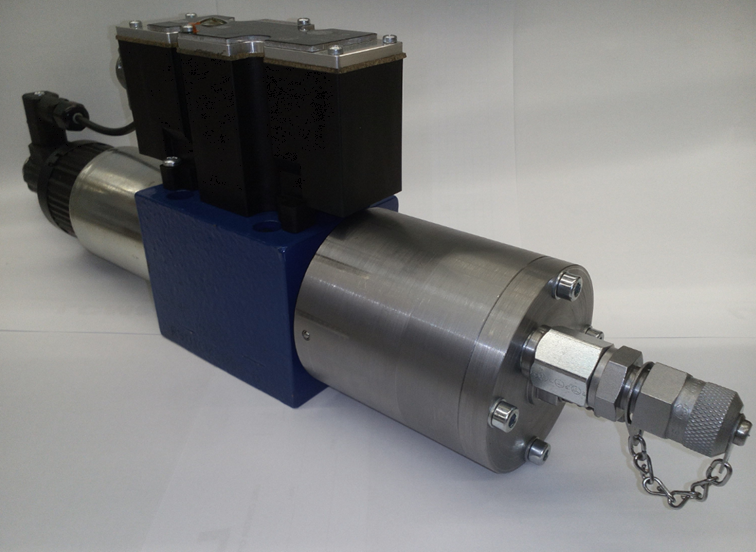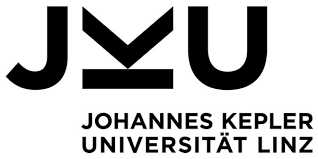To derive meaningful results in durability testing of hydraulic valves, it is crucial to perform such tests under realistic conditions. The phenomenon with the highest effect on valve durability is the so called flow force, which arises at high flow rates and high pressure drop over the valve. This means that the valve has to be tested under its maximum power losses over a long time period. Thus such durability tests of hydraulic valves result typically in extraordinary energy costs of several ten thousand Euros. As a by-product of the valve development activities, a flow force simulator has been developed which enables by far cost and energy consumption reduced valve durability testing.
Motivation
In order to guarantee a high product quality, durability tests of hydraulic valves are one of the most indispensable test routines. Every vendor has to do such durability tests for numerous valves each year.
In valve testing the so called flow forces are those forces with the highest impact on valve durability.
Worst case scenarios can only be achieved at maximum flow rates and maximum pressure drop or in other words at maximum power loss at the valve.
Typically more than 50 Million cycles have to be performed for one test routine of one valve. Thus, such a test routine results in energy costs of several ten thousand Euros, or in other words the amount of energy is needed which could serve a single family house for 50 to 100 years for just testing ONE valve.
This clearly shows which potential in cost and energy reduction could be gained with an alternative method of applying such flow forces onto a valve spool, without testing the valve on its power limit.
Method
So to say as a by-product of basic research activities within LCM in the development of fast linear actuators which are core components for fast switching valves in digital hydraulics, such a passive linear actuator has been developed for the company partner.
The optimal geometry leading to the specified force shaping has been derived using FEM simulation in combination with the ‘Complex’ optimization algorithm initialized by the Monte-Carlo method. Furthermore, the patented (by LCM) hydraulic damping notch has been introduced to reduce the wear to a minimum. Thus the required durability can be fulfilled.
The actuators force shape can easily be adjusted to different force demands of different valve types. (Due to a pending patent, details cannot be given yet).
Tests on the prototype showed, that this simulator fulfils all predefined specifications.
Impact and effects
For the company partner this development results in measurable cost and energy reduction for their intensively valve durability testing routines. Due to the fact, that valve durability testing is crucial for the product quality, but results in high development costs, this development results in an increased competitiveness of the company partner.
But not only the reduced energy costs, also the needed supply units for such a testing including cooling, safety, and noise, can be by far smaller which allows a much more efficient testing of a large quantity of valves in parallel. This additionally results in a tremendous shortage of costs and time to market of such valves.
It is planned to introduce this device in all facilities of the company partner around the world.









